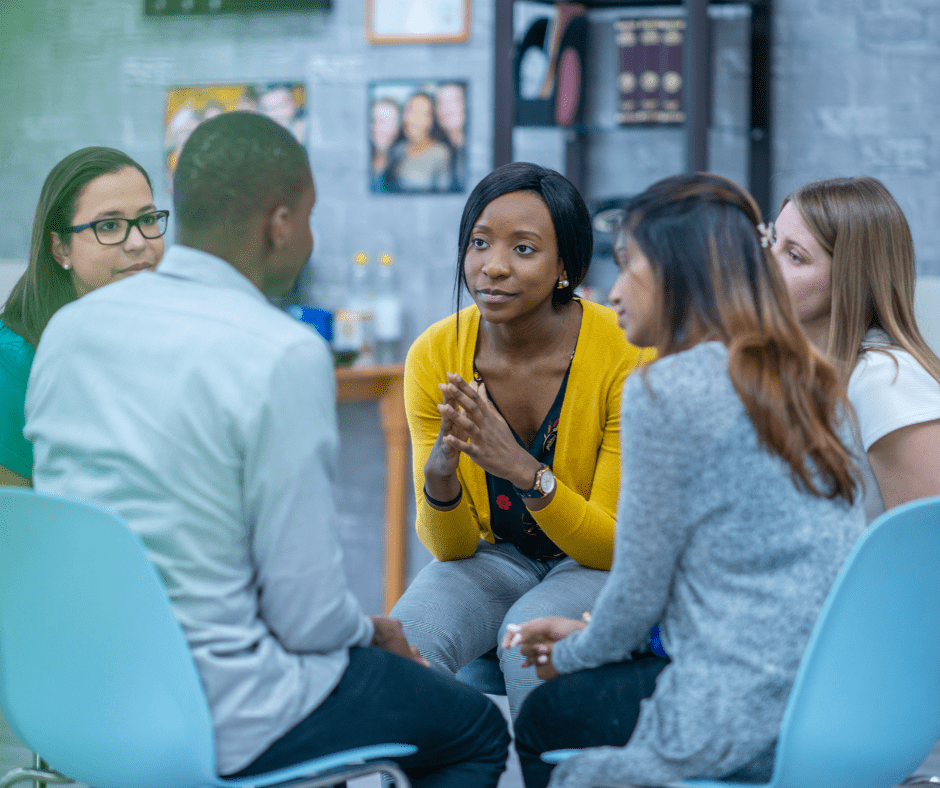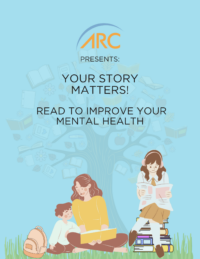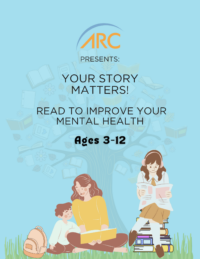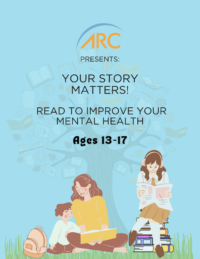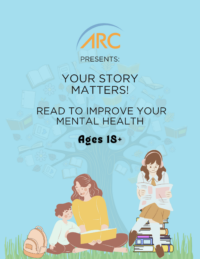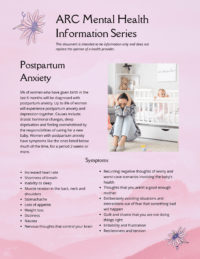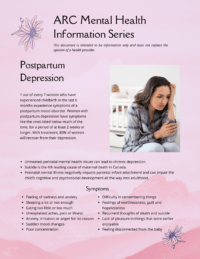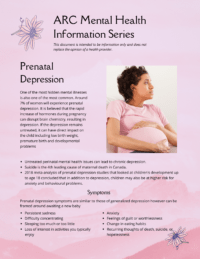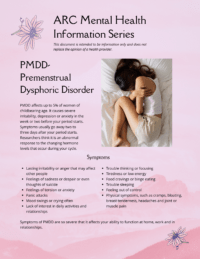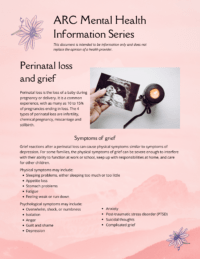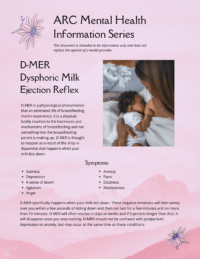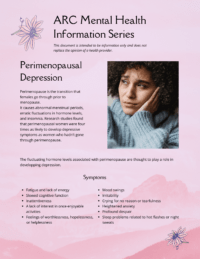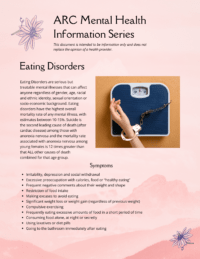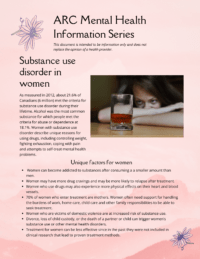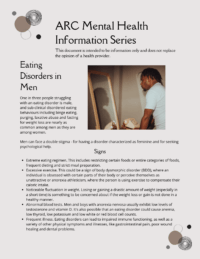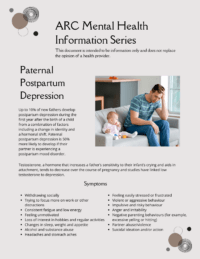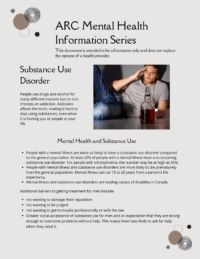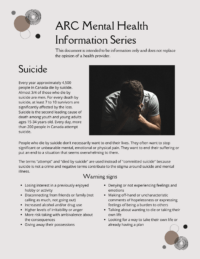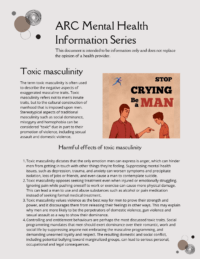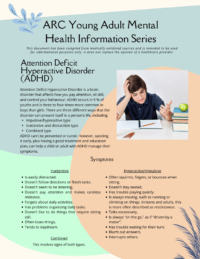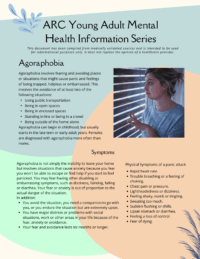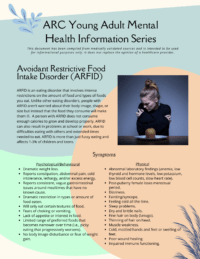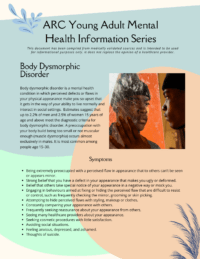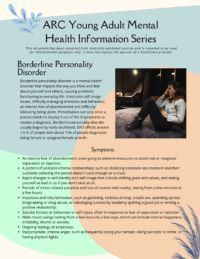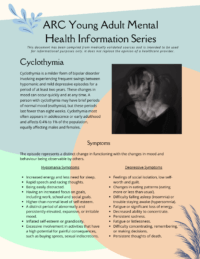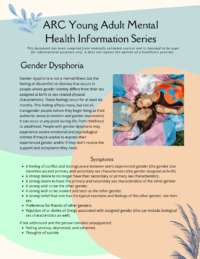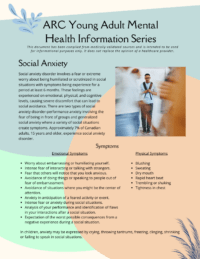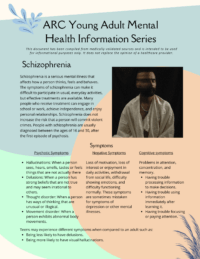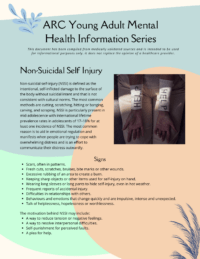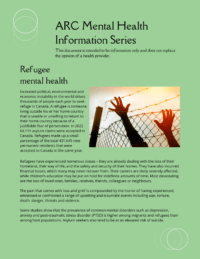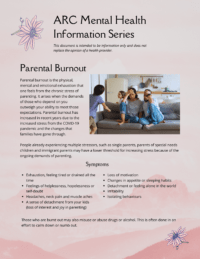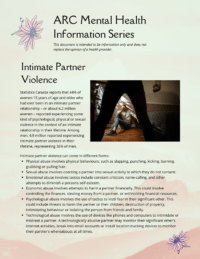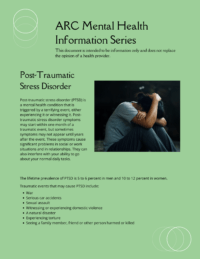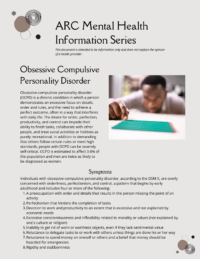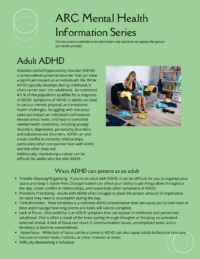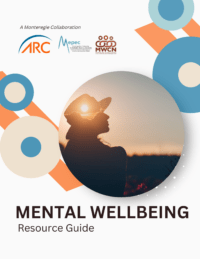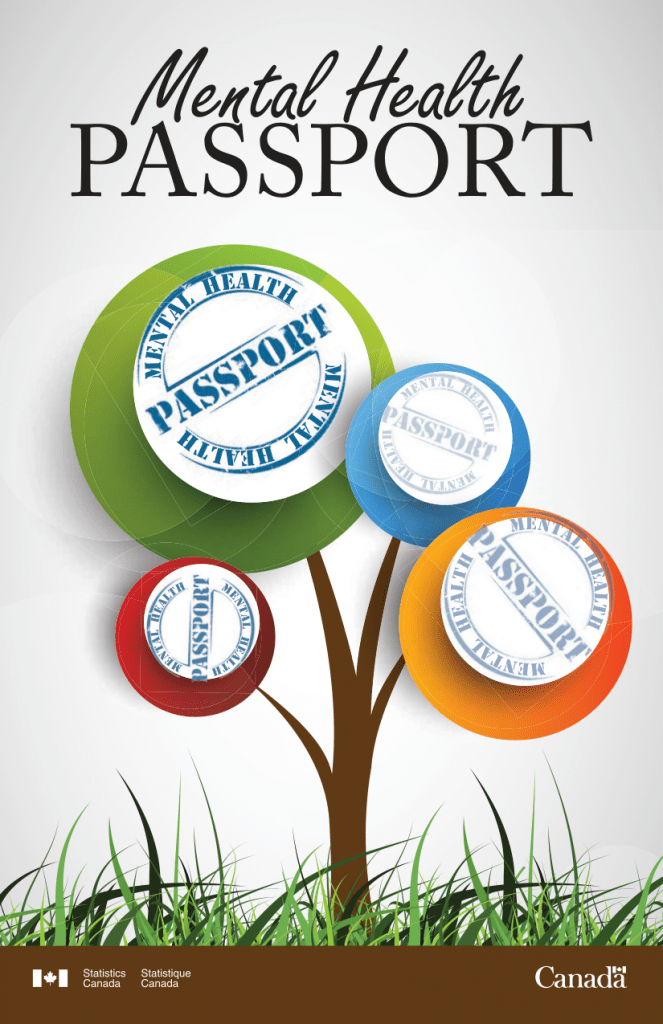Activities offered or supported by ARC
- Rock Painting is a creative activity with intention and offered weekly in-person and with various community partners.
- Referral and information service for the Monteregie.
- Mental health support group for Women with Com’femme.
- Mental Health Café twice per month in collaboration with Our Harbour.
- Mental health first aid courses.
- Mental health programs and activities for adults with special needs: Care Share from the South Shore Literacy Council and Bright Lights from the Préville Fine Arts Centre.
- Support and activities for groups from CISSS-MC.
Social connection and good friendships are an important factor to your health and longevity. Research from the Mayo clinic has shown that people with strong social connections live longer lives, recover from illness faster, have improved mental health and delayed cognitive decline. Social connection has several defining characteristics that can help you examine your relationships and determine your level of social connectedness
On the other end of the spectrum, social isolation is the lack of social connections and having few people to interact with regularly. It is easy to confuse social isolation with loneliness but not all people who are alone are lonely and not all people with others in their lives are socially connected. A child who struggles to make friends at school, a person in a non-supportive marriage, a solider on a new deployment and an older adult who has recently lost a spouse can all experience loneliness. In addition to being caused by life situations, loneliness can be a symptom of a psychological disorder such as depression.
Loneliness can cause a range of physical and mental health issues including:
- Alcohol and drug misuse
- Altered brain function
- Alzheimer’s disease progression
- Antisocial behavior
- Heart disease and stroke
- Decreased memory and learning
- Depression and suicide
- Increased stress levels
These are not the only areas where loneliness can impact the body. For example, research has shown that lonely adults get less exercise than those who are not lonely. Their diet is higher in fat, their sleep is less efficient, and they report more daytime fatigue. Loneliness also disrupts the regulation of cellular processes deep within the body, predisposing lonely people to premature aging.
As it has no single common cause, the ways to prevent and treat loneliness can vary dramatically. Here are a few things you can do:
- Consider community service or another activity that you enjoy. These situations present great opportunities to meet people and cultivate new friendships and social interactions.
- Focus on developing quality relationships. Seek people who share similar attitudes, interests, and values with you.
- Recognize that loneliness is a sign that something needs to change. Don’t expect things to change overnight, but you can start taking steps that will help relieve your feelings of loneliness and build connections that support your well-being.
- Join a group or start your own. You might also consider taking a class at a community college, joining a book club, or taking an exercise class.
- Strengthen a current relationship. Building new connections is important, but improving your existing relationships can also be a great way to combat loneliness. Try calling a friend or family member you have spoken to in a while.
- Talk to someone you can trust. Reaching out to someone in your life to talk about what you are feeling is important. This can be someone you know such as a family member, but you might also consider talking to your doctor or a therapist.

Publications
Literacy
Reading books that reflect your lived experience is an excellent way to learn. The books that were included in these documents are all available free of cost in the Longueuil Library system and have characters who deal with mental health challenges during the course of the narrative. You can use them to help your child understand a subject, learn more about the lived experience of someone with a mental health challenge or see others who have lived through the same challenges as you experience. The lists are not exhaustive as the libraries are in constant evolution but can be used as a jumping off point into the world of literature and mental health literacy.
Women
Men
Youth
Adults General
Resources
- Haut-Richelieu Suicide Prevention Centre
St-Jean-Sur-Richelieu
Line of intervention 450-348-6300 or 1-866-CALLS (277-3553) - The Access – Crisis Intervention Centre in Longueil
Line of intervention 450-679-8689 or 1 866-CALLS (277-3553) - Suicide Prevention and Support https://www.crisisservicescanada.ca/en.
- Mental Health Commission of Canada https://www.mentalhealthcommission.ca/English/covid19

